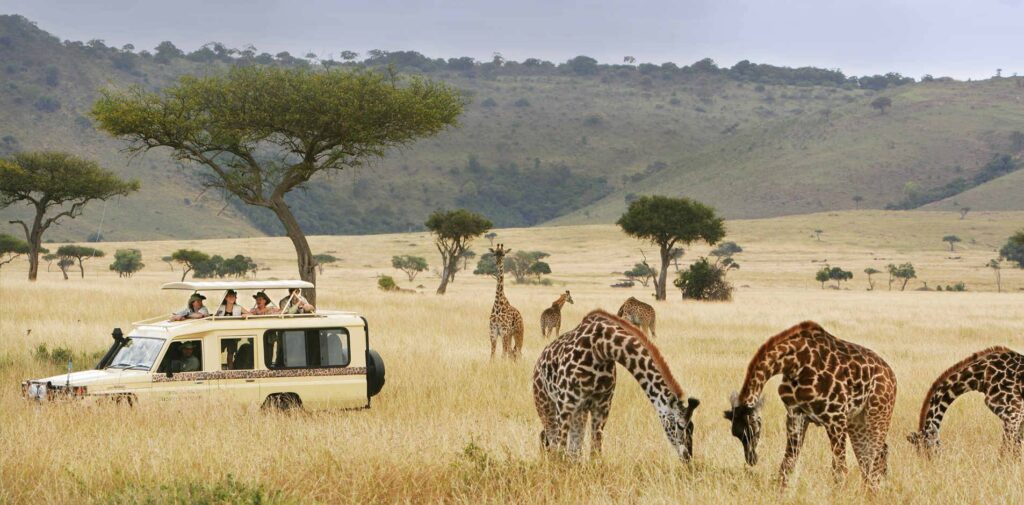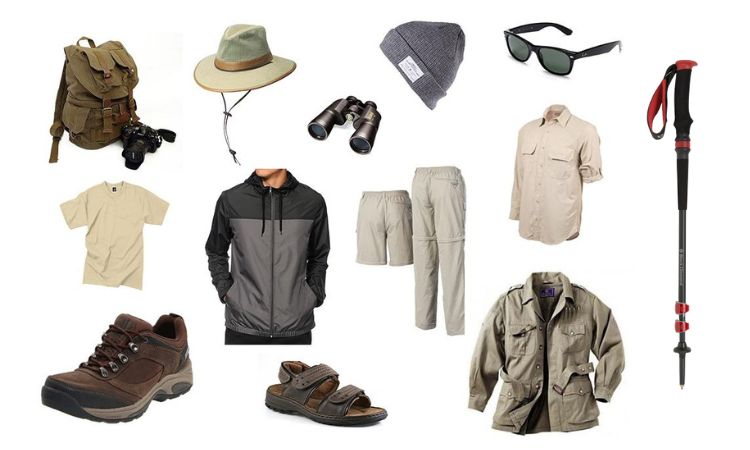Wildlife Safari Rules
Wildlife Safari Rules: As a visitor to a different nation and culture, the most important thing to remember is that going on safari in Africa is the most beautiful experience. Make sure your safari excursion is flawless at all times. It’s crucial to adhere to appropriate safari etiquette, though.
To make sure you’re upholding safari traditions, you should carefully study the written regulations you create. Be aware that all safari regulations pertain to how people behave when around African wildlife, whether you’re on a Kenya Wildlife Adventure, Uganda Gorilla Trek, or any other kind of safari. Please make sure you are aware of the rules that are in place at locations and destinations to protect both people and animals.

General Guidelines for Safari
On safari, never try to feed the animals. Animals may grow hostile, become unwell, or have their natural behaviors disturbed if they start to associate food with people.
Always keep in mind that animals have the right-of-way, and never chase them in your car or on foot.
Avoid trying to annoy the animals, making loud noises, using flashlights, or making abrupt movements. Avoid attempting to get an animal’s attention.
Never light any trash, even biodegradable materials. Some wild creatures consume whatever they come across in addition to harming the environment.
Always exercise caution around wild animals because they can be unexpected and harmful.
Avoid taking any chances.
Avoid picking any nearby flowers or greenery.
Other park visitors have the same rights as you, so don’t bother them.
Unless you have a special permit, observe the proper opening hours. National parks typically impose a duck to down policy.
Safari’s guidelines for wildlife drives
Although our safari driving guides are well-versed in these safari regulations, it’s still beneficial for you to be aware of them.
Asking the driver to halt in front of another car that is obstructing their vision is not appropriate. If it’s one automobile at a time, wait for your turn to get a good look.
For your own safety, stay in your safari vehicle at all times, as the rainforest may contain deadly creatures. It might be the tour guide for him. Since animals don’t usually associate vehicles with people, they serve as conceals.
Unless it is explicitly indicated that off-road driving is permitted, stay on designated roads and tracks. Because off-road driving kills grass and releases oil and exhaust fumes, it can lead to soil erosion.
It is not recommended to drive through park areas or blocked roads.
When stopping to see wildlife up close, the tour guide driver will always turn off your engine.
Respect the park’s speed restrictions, which are typically set at 30 to 50 kilometers per hour. Keep your driver from trying to break it. Speeding destroys road surfaces and increases the risk of colliding with an animal, which is why driving speeds are restricted in parks.
Other frequently asked questions regarding safari;
When should I go on safari?
During the dry season, which runs from June to October and December to February, safaris are most enjoyable.

What should I pack on a safari?
A digital camera with adequate room
Sunglasses
Walking shoes that are comfortable
A pair of safari pants
A warm jacket
Cotton scarf
Open sports sandals for everyday wear during the warmer months
A bathing suit
When visiting chimpanzees and gorillas, a small raincoat is ideal.
Hat
Toiletries and clothing
A set of binoculars
You may make sure that you and other visitors have a pleasant and courteous experience by adhering to these safari norms in an African safari site. All things considered, it is critical to acknowledge and appreciate the animals and culture of the nation you are traveling to.
